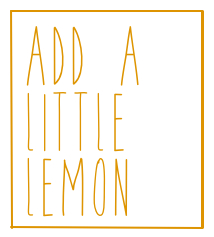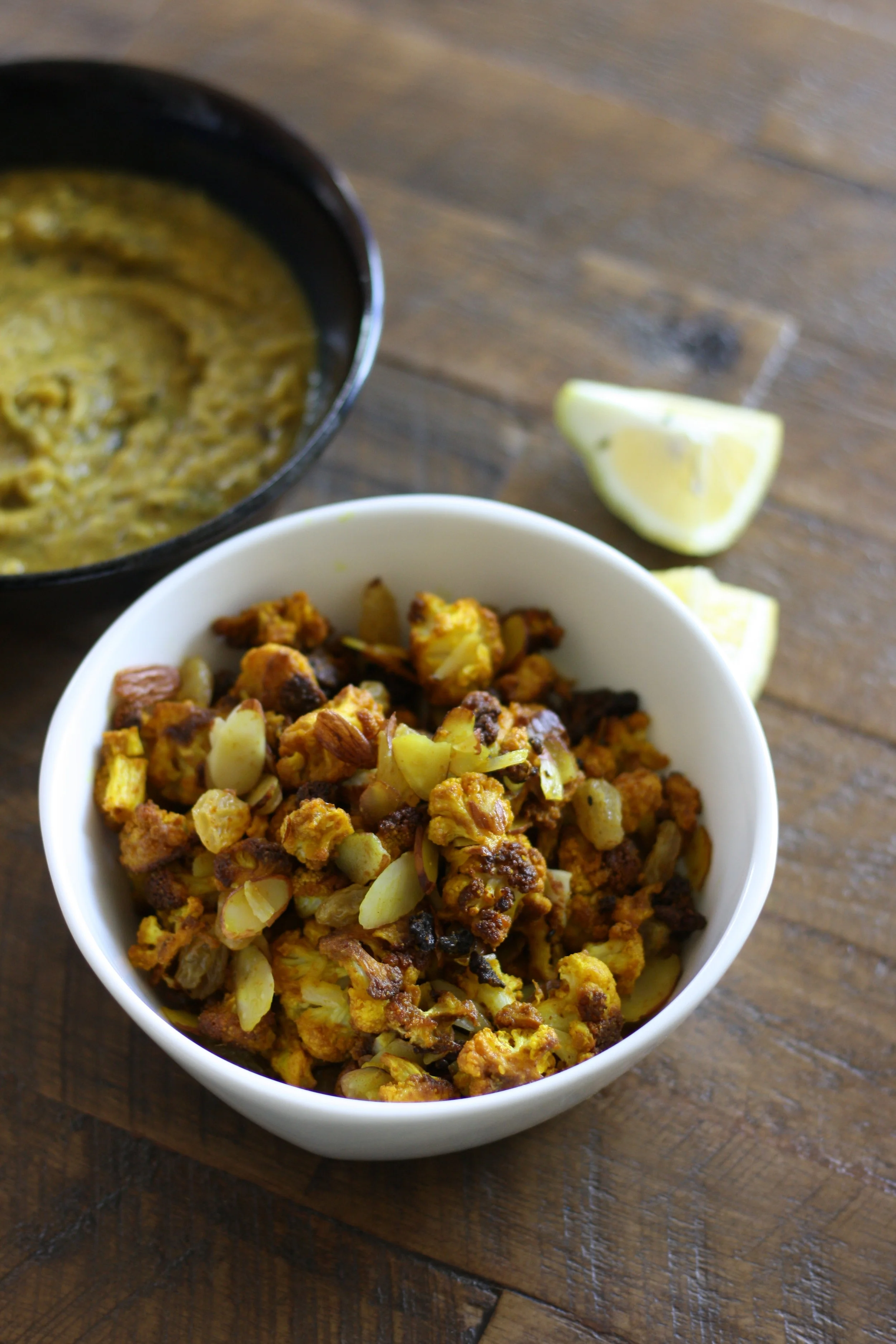1. The Womb / The Labor
I’ve been writing poetry these days.
It’s helping me process.
I was a teenager when the War on Terror began in full force. That illusive rhetoric that consciously and unconsciously puts me on edge. Each and every day. Sometimes I forget that my body is so acutely aware of its surroundings, accustomed to its hyper-vigilance. Anxiety is just the socially acceptable term used since so few want to hear how your experience is different than their own.
These last few months have been triggering, to say the least. Even though the Muslim Ban – Muslim as a racializing term -- has been well underway for a very long time, that immigrants and children of immigrants are still made to feel somehow alien in this country, that it is not surprising to see such a ban: it still shocks me; It is still shocking to me. When those who are new to the conversation, who are just seeing this fear-based prejudice for the first time, say But look how many people are marching in the streets!, [this, too, a tool of silencing], I think back to how many people marched in the streets to protest the invasion of Iraq fourteen years ago, and I think of all the youth today who have no idea there was ever such an invasion. That is: I have feelings about it.
And then today I hear this incredible speech by Sikh-American civil rights advocate Valarie Kaur. In it she says:
“What if this darkness is not the darkness of the tomb, but the darkness of the womb? What if our America is not dead but a country that is waiting to be born? What if the story of America is one long labor?… What if this is our nation’s great transition?” – Valarie Kaur
And this shift
in thinking,
This feels right.
Photo (clockwise): Shorbat Addas, Turmeric Roasted Cauliflower with Shaved Almonds and Golden Raisins.
2. Borders Are Not Real
Iraq is Mesopotamia, the Cradle of Civilization, the Fertile Crescent, the land of the Tigris and Euphrates, the birthplace of Abraham, the site of the Garden of Eden, the supposed burial ground of Noah’s Ark, home to Gilgamesh. It has deep and powerful roots. And those roots are reflected in the cuisine.
The very first cookbook ever written was from Mesopotamia, on stone tablets.
Iraq’s rich history and glorious ethnic and cultural diversity means its food is complex. Iraqi cuisine is influenced by Levantine, Iranian, Turkish, Kurdish, Armenian, Jewish, and Indian cuisine, among others, creating something wholly original and beautiful.
Genocide is real. Invasion is real. Colonialism is real. Oppression is real. But borders? Borders are not real.
Photo: I forgot to top the Shorbat Addas with Fried Shallots for the photoshoot! Don't forget it when following the recipe!
My Mother’s Very Comforting
& Very Nourishing
Shorbat Addas
serves 6-8
Shorbat Addas, literally lentil soup, is an Iraqi speciality often served during Ramadhan to break the fast. It reflects its history: lentils, turmeric, Vermicelli noodles. There are variations of this soup in Palestine, Turkey, Iran, India. Iraqis seems to be the only ones who use Vermicelli in the soup.
There are so many takes on this soup, and every region and family makes it differently; but I am, of course, partial to my mother’s recipe. This is the recipe I grew up with, the one that makes me think of home. The one that connects me to my roots, both lived and imagined.
ingredients:
Olive oil
Shallots, 2 medium, quartered & sliced
Celery, 1 head finely chopped
Red lentils, 1 cup
Salt | Pepper, to taste
Turmeric powder, about a tablespoon
Water, about 3 cups
Parsley, 2 bunches finely chopped
Lemons, about 4, juiced
Vermicelli noodles, 1/2 cup (Sha'riyya in Arabic)
directions:
1. Brown the shallots in olive oil. To avoid burning, watch carefully. Add salt when done. Set aside to dry on a paper towel.
2. In a large stock pot, sweat the chopped celery with some olive oil. Add salt and pepper to taste. About 5 minutes.
3. Add the lentils. Coat with turmeric. Stir and let cook together about 2 minutes.
4. Add enough water to cover an inch over the lentils. Add more salt for good measure. Feel it out. Bring to a boil, then reduce to a simmer. About 20 minutes until lentils are cooked down. The soup should look a bit yellow at this point.
5. At this point I blend the soup with either a handheld or standing blender. No need to be a perfectionist about it.
6. Taste the soup. Does it need more salt? Pepper? Add and stir.
7. Add the lemon. I use a lot of lemon in this soup, more than 4 lemons, but if you prefer less then taste along the way. The lemon brings out the flavor of the soup.
8. Add the finely chopped parsley, half the shallots, stir.
9. Add the Vermicelli/ Sha’riyya. This cooks very fast.
10. Ladle the soup into bowls and top with more shallots.



